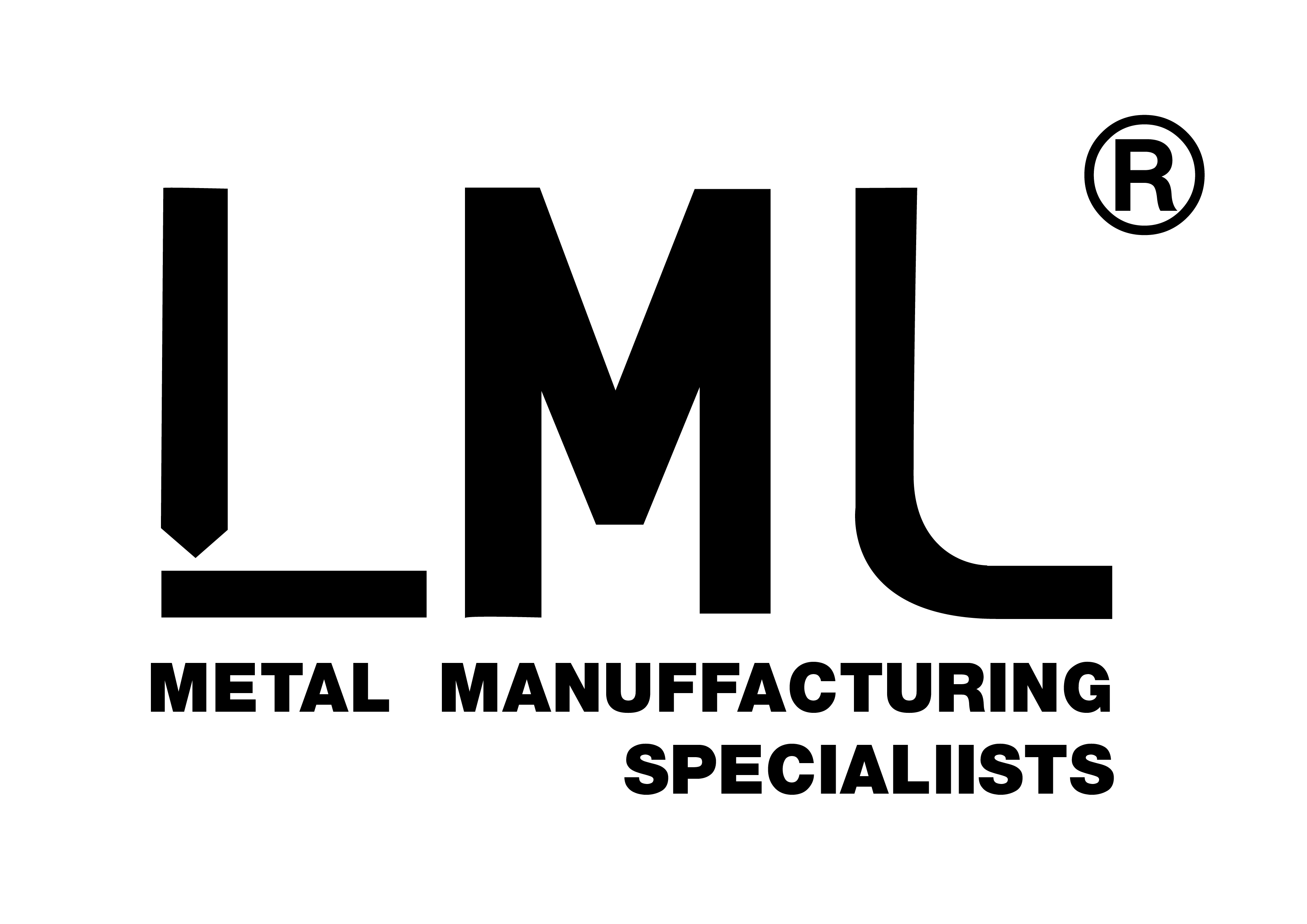Spray Painting vs. Baking Paint: What’s the Difference?
Spray Painting vs. Baking Paint: What’s the Difference?
When it comes to applying a fresh coat of paint to surfaces like cars, furniture, or industrial parts, two methods often come into play: spray painting and baking paint. While both aim to enhance appearance and provide protection, they differ significantly in process, results, and ideal use cases. Let’s break down these differences in detail.
🎯 Basic Principles
Spray painting involves using a spray gun to apply paint in fine droplets onto a surface. It relies on air pressure to disperse the paint evenly, and the coating dries naturally through solvent evaporation.
Baking paint, also known as thermal curing, involves applying multiple layers of paint (typically three layers of primer and four layers of topcoat) and then curing each layer in a dust-free, temperature-controlled baking room at high temperatures (ranging from 280°C to 400°C for high-temperature baking).
⏱️ Drying Time
- Spray paint dries naturally, which can take several hours to days depending on environmental conditions like temperature and humidity.
- Baking paint dries rapidly due to controlled high-temperature curing, often within a few hours. This accelerated process reduces waiting time and boosts efficiency.
✨ Surface Quality and Finish
- Spray paint results can vary based on the operator’s skill and equipment quality. It may exhibit imperfections like orange peel texture, unevenness, or dust particles.
- Baking paint produces a smooth, glossy, and uniform finish. The high-temperature curing process allows the paint to level effectively, minimizing defects and enhancing visual appeal.
🔧 Durability and Performance
- Spray paint tends to form a lighter coating that is more prone to scratching, peeling, and wear over time. It offers less resistance to environmental factors.
- Baking paint creates a hardened, durable surface with excellent resistance to abrasion, chemicals, and weathering. The curing process ensures deeper adhesion and longevity.
📦 Applications
- Spray painting is ideal for small-scale projects, touch-ups, DIY crafts, and items like toys or small furniture pieces. It offers flexibility and lower cost1.
- Baking paint is preferred for large, high-value items such as automobiles, industrial equipment, and premium furniture where durability and a flawless finish are critical.
💰 Cost and Equipment
- Spray painting requires minimal equipment: a spray gun or aerosol cans. It’s more affordable and accessible for occasional use1.
- Baking paint demands specialized infrastructure like baking ovens or rooms, ventilation systems, and energy for heating. This makes it more expensive but justified for mass production and high-quality outcomes.
🔎 Conclusion
Choosing between spray painting and baking paint depends on your project’s needs. If you prioritize cost-effectiveness and flexibility for smaller tasks, spray painting is sufficient. For durable, high-quality finishes on critical surfaces, baking paint is the superior choice despite its higher cost and complexity.
Whether you’re a hobbyist or a professional, understanding these differences helps in selecting the right method for your next painting project!
Why Choose LML?
- Precision Manufacturing: CNC machining, sheet metal fabrication, and custom part production with tight tolerances.
- Global Export: We serve clients worldwide with reliable logistics support.
- End-to-End Service: From design support to quality inspection and delivery, we handle everything.
Ready to get started? Visit our website to learn more or request a quote:
[www.lmlmetalparts.com]
Let LML be your trusted manufacturing partner—where quality meets efficiency!


